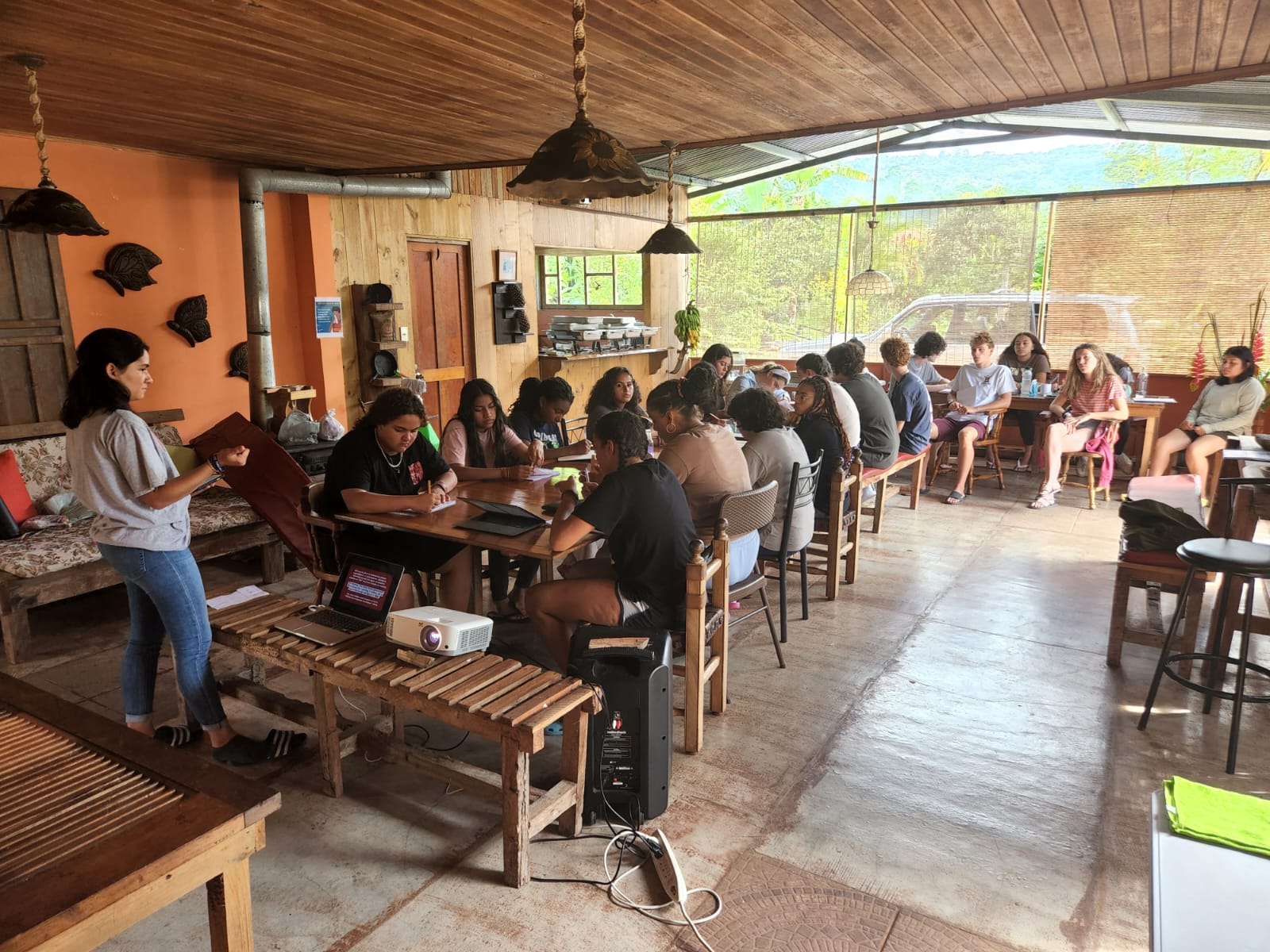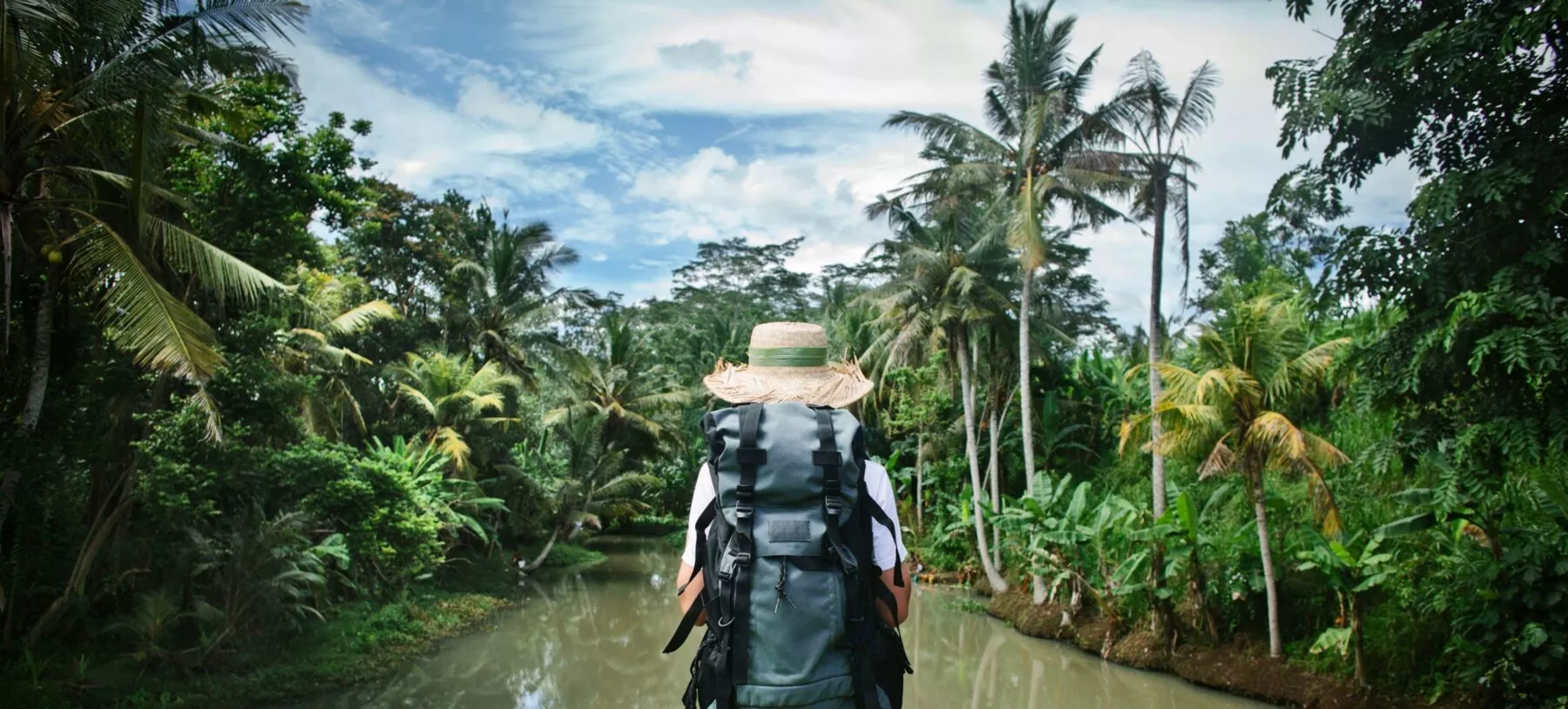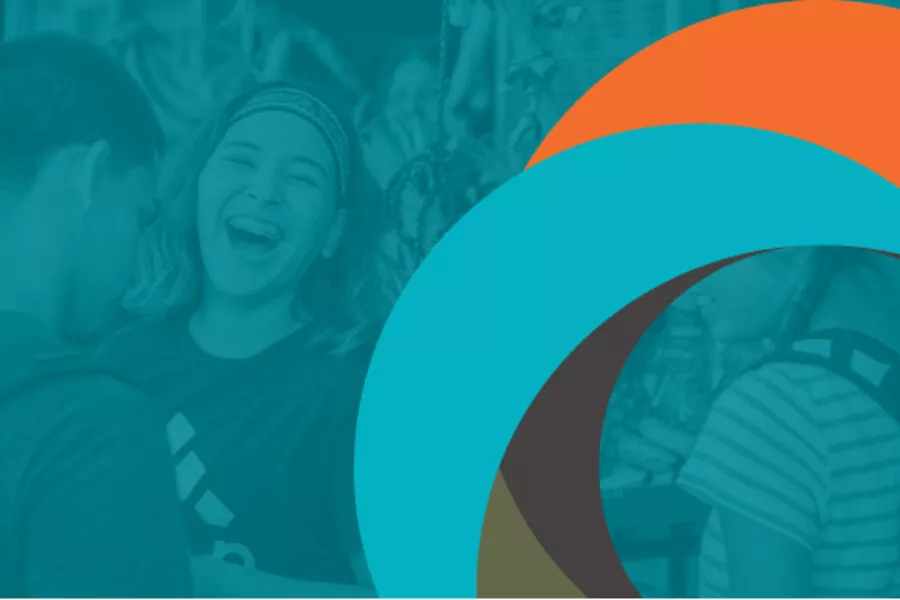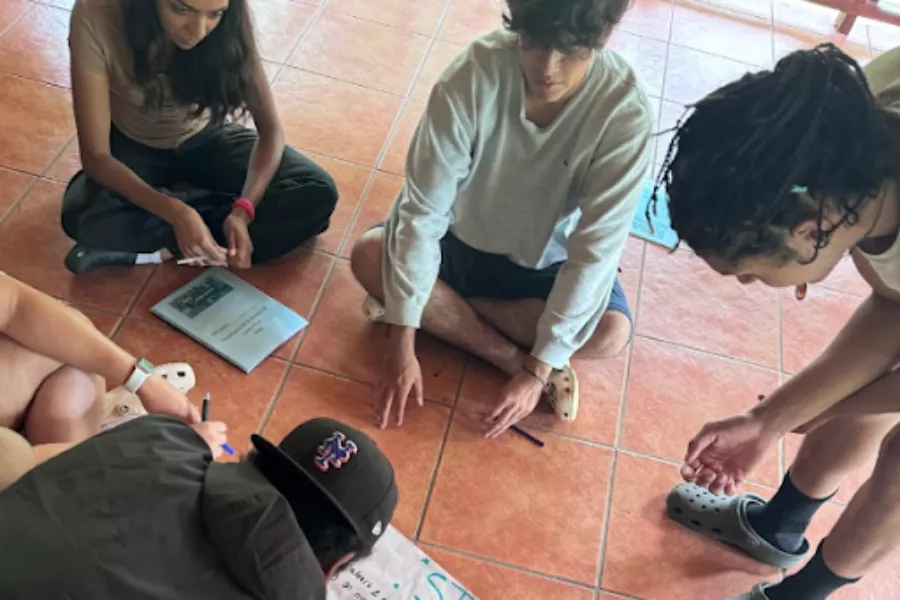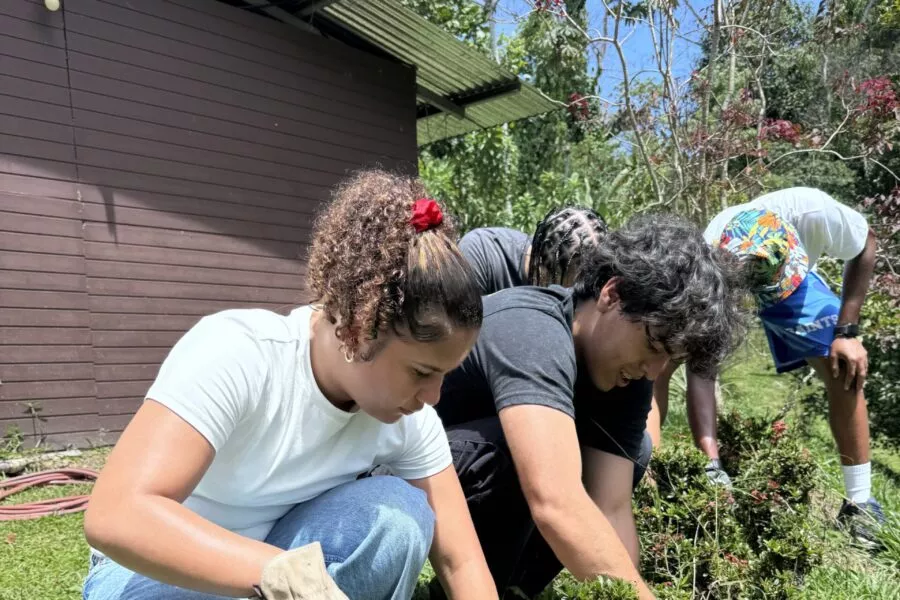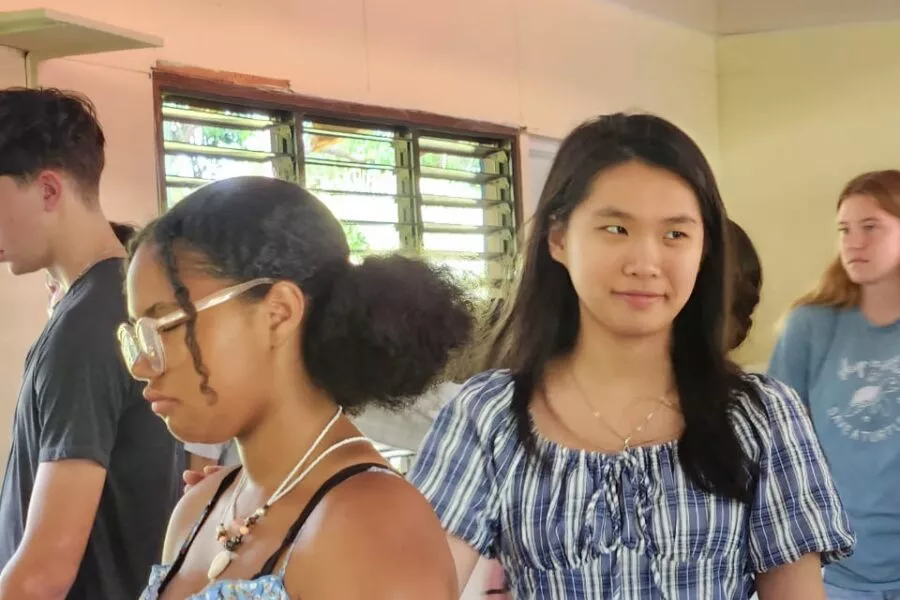After another morning waking up to the sweet aroma of guava nectar and beautifully patterned butterflies, we enjoyed a day of competitive Family Feud (with a team winning by almost 300 points), getting to relax, and enjoy fan-favorite movies with each other.
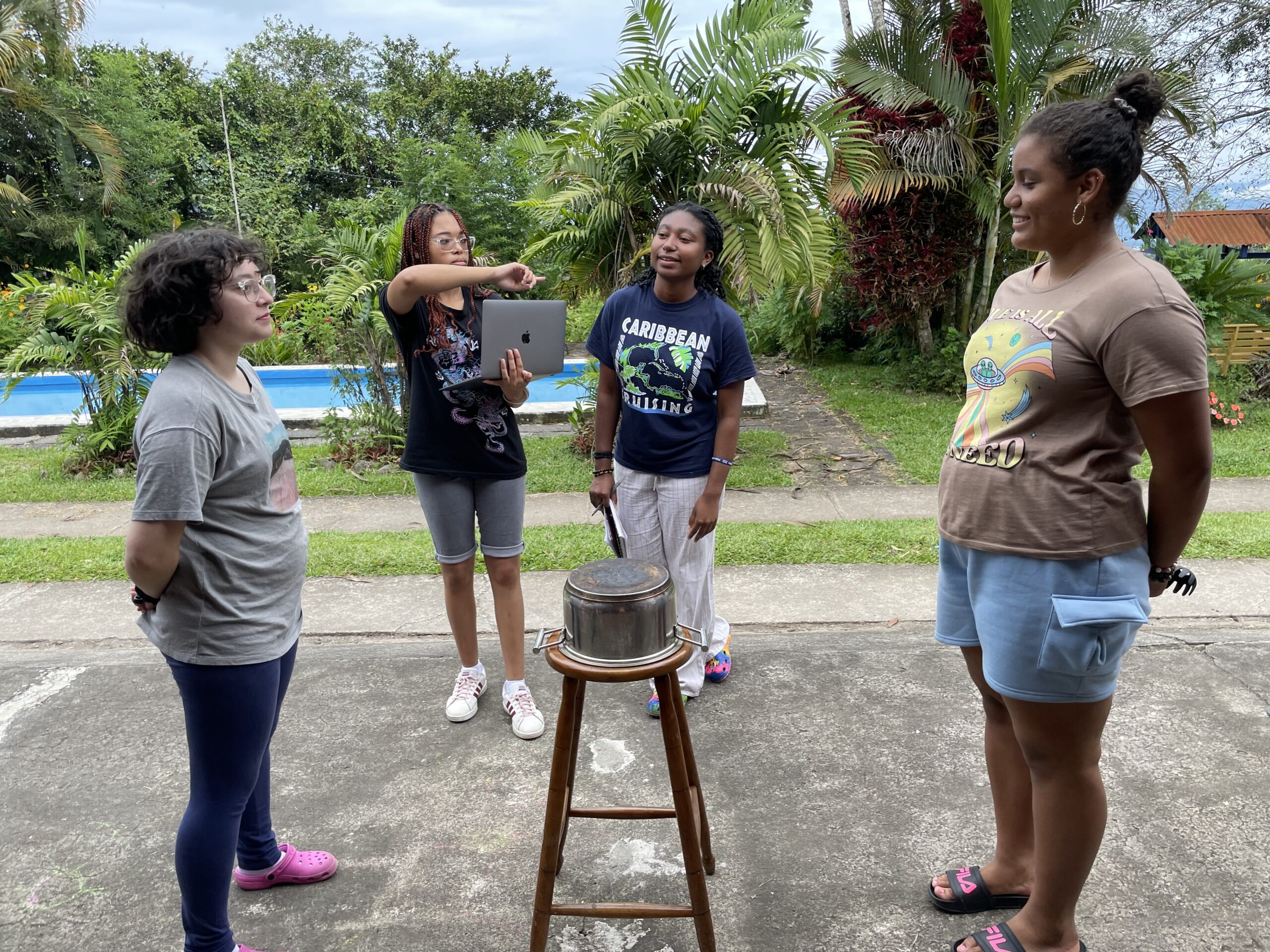
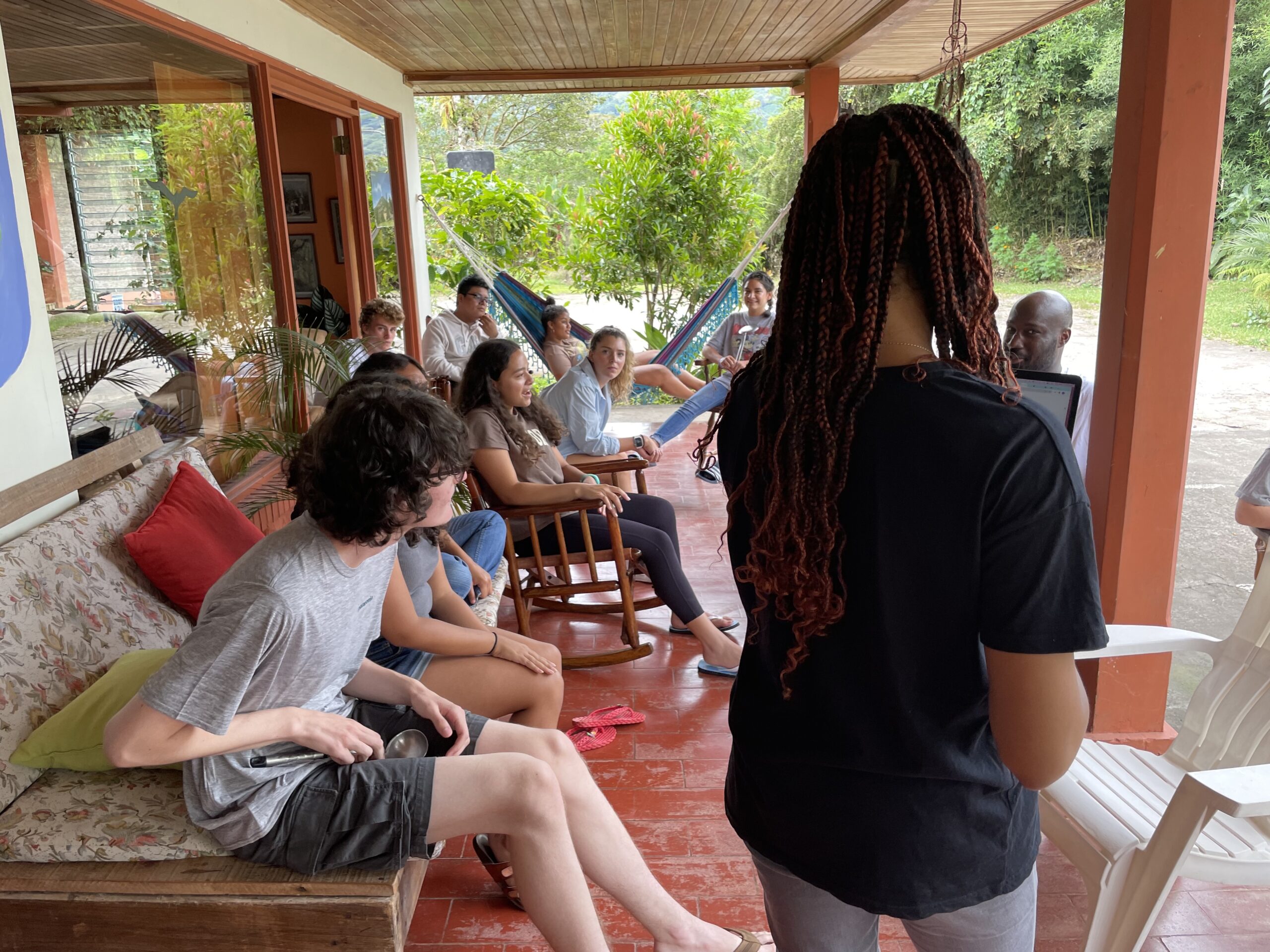
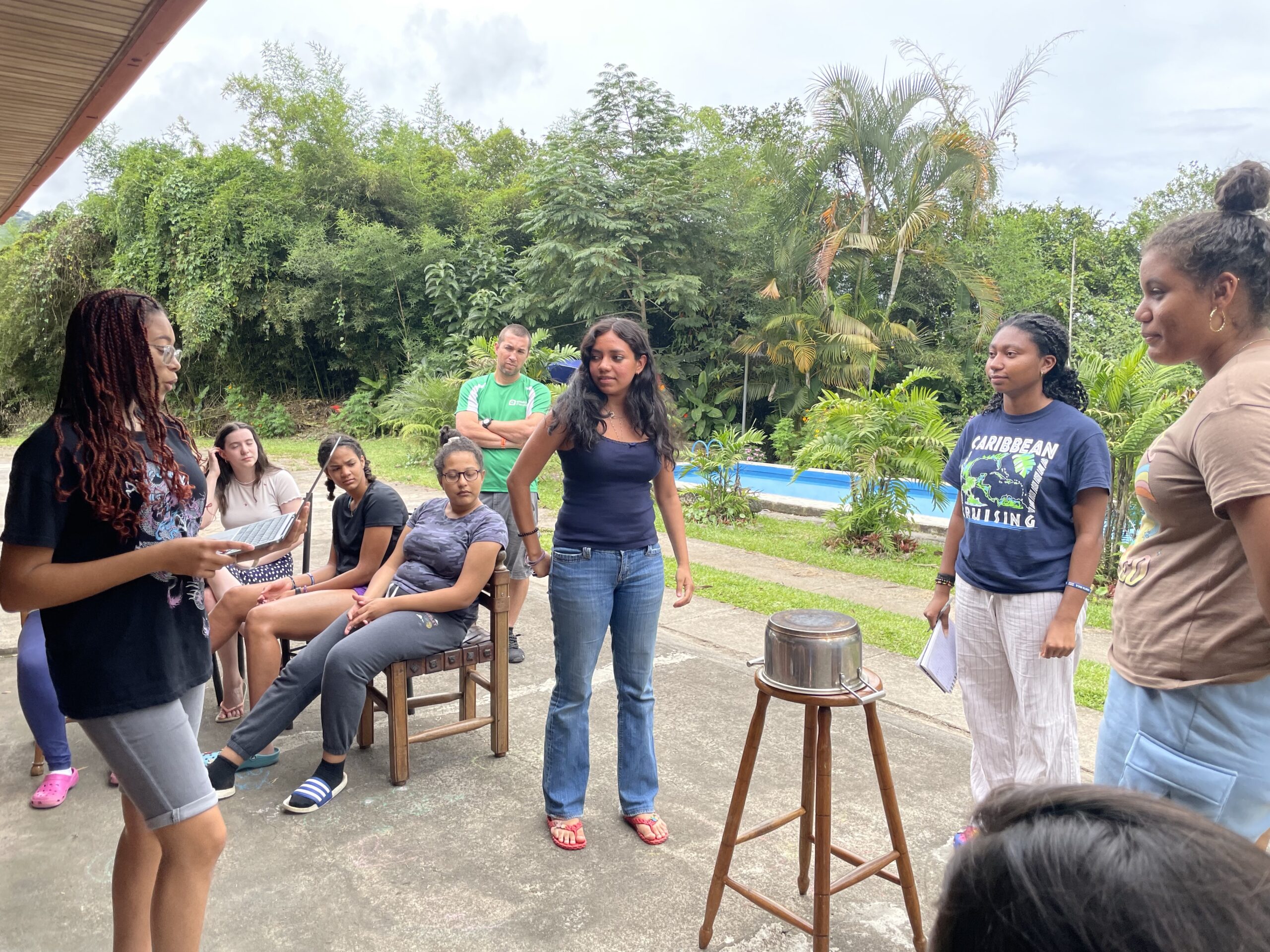
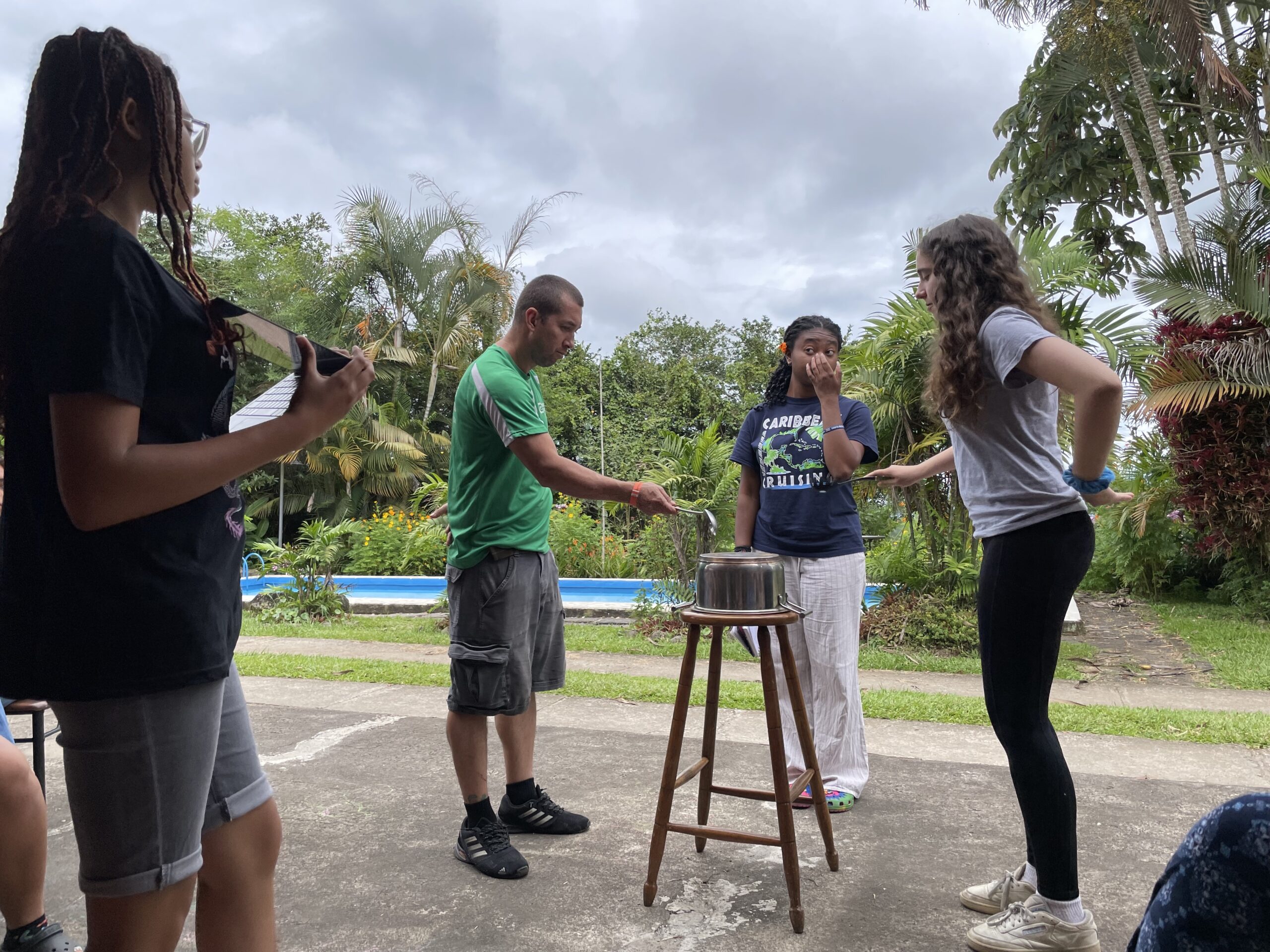
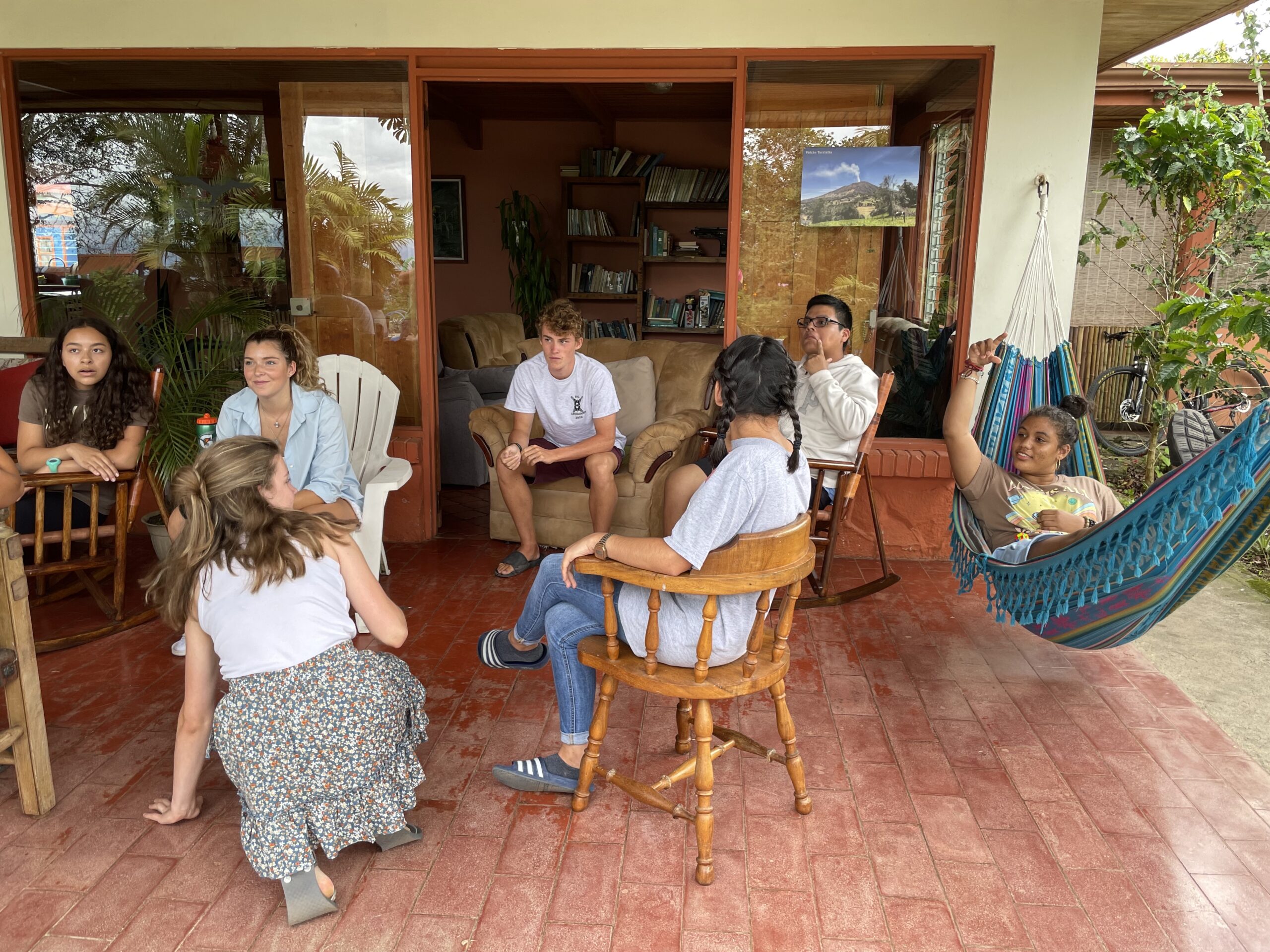
A long days’ discussion focused on Aid & Development domestically and internationally contrives us in the everlasting fight against corruption and ill-will in the world. Amongst discussion, we were asked to contemplate who is responsible for whom in this world. Is it the responsibility of the strong to protect the weak? Or rather educate in the instance protection will not be there? Ironically, in the United States we often operate individually; yet in cohorts shadowing the tragedy of the commons. A phenomenon in which individual users, who have open access to a resource, neglect the well-being of society and act independently according to the pursuit of personal gain, causing depletion of the resource through their uncoordinated action. Nonetheless, only when the consequences of our unmindful actions outweigh our sins of greed and pride do we have repentance for our transgressions. We as future change-makers, as global citizens, as a society, and as a globe, need to reflect on our morals.
In our ideal world of traveling, we’d all be travelers. But unbeknownst to our global citizenship, we act as tourists. Not travelers. Tourists tend to stay in the comfort of a resort and their tourist spots hurt the ecosystem, don’t circulate money back into the community, and often ruin the quality of life for the locals. However, a traveler is a person looking to explore and learn about a community and culture by going to not just popular resorts made to look like any other industrialized tourist spot, but going into the community, supporting the local businesses, making an effort to talk to the locals, and learn something new for the sake of learning. As travelers, we find ourselves in the attempt to enhance underdeveloped countries for various infrastructural, diplomatic, humanitarian, and altruistic purposes. Yet we never stop to ask ourselves how the aid industry only catalyzes our inner White Savior Complex, how it might benefit our privilege or worsen/initiate issues in the communities we so eagerly desire to assist. We rarely stop to register what the community needs and if our skill set can provide that.
It is only by:
- setting realistic expectations,
- making a plan that’s sustainable and will allow the community to continue independently
- setting our own development agendas in conjunction and adaptation to include all disadvantaged communities
- avoid robbing locals’ rights to agency, dignity, and privacy,
- establish strong communal relations not centric on our sole benefits,
- have more coherency in international policy, and governance willing to sacrifice the lining of their pockets
For the sake of the families they promise to better, we have to make sure we make sustainable change. So we ask you reader, on your next vacation or volunteer opportunity, ask yourself do I function as a tourist or traveler?
